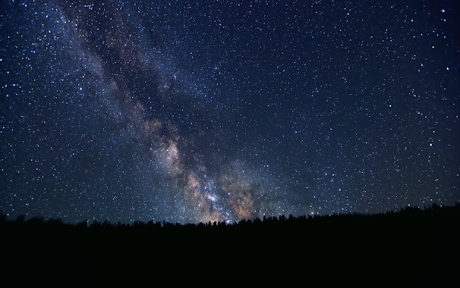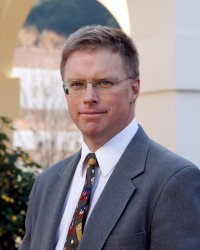- Home
-
About
 Fidelity & Excellence
Fidelity & ExcellenceThomas Aquinas College is unique among American colleges and universities, offering a faithfully Catholic education comprised entirely of the Great Books and classroom discussions.
-
A Liberating Education
 Truth Matters
Truth MattersTruth, and nothing less, sets men free; and because truth is both natural and supernatural, the College’s curriculum aims at both natural and divine wisdom.
-
A Catholic Life
 Under the Light of Faith
Under the Light of FaithThe intellectual tradition and moral teachings of the Catholic Church infuse the whole life of Thomas Aquinas College, illuminating the curriculum and the community alike.
-
Admission & Aid
 Is TAC Right for You?
Is TAC Right for You?Do you enjoy grappling with complex questions? Are you willing to engage in discussions about difficult concepts, with the truth as your ultimate goal?
-
Students & Parents
 Mind, Body & Spirit
Mind, Body & SpiritThere is always something to do at TAC — something worthwhile, something fulfilling, and something geared toward ever-greater spiritual and intellectual growth.
-
Alumni & Careers
 What Can You Do with a Liberal Education?
What Can You Do with a Liberal Education?Nothing speaks more to the versatility of the College’s academic program than the good that our alumni are doing throughout the Church and the world.
- Search
- Giving
Dr. Andrew Seeley (’87) Writes on Love & Importance of Astronomy
“According to thousands of years of human observations, the heavenly bodies were eternal, they always were, they always will be, world without end. They were immortal, divine, yet visible, and moving with what must be mathematical precision. The hope of drawing close to God by uncovering the mathematical elegance and precision of the divine heavens is what attracted Ptolemy to devote his life to studying the heavens.”
So writes Thomas Aquinas College tutor and alumnus Dr. Andrew Seeley (’87) in a fascinating essay for The Imaginative Conservative, The Gravity of Gravity: A Quick Look at Astronomy and its Relevance. In discussing the discoveries of Ptolemy, Copernicus, Brahe, Galileo, Kepler, Newton, and Einstein, Dr. Seeley explains the effects of astronomy on history and culture, and why its study is an important part of a liberal education. He also writes about how his alma mater — and the emphasis its classical curriculum places on astronomy — made him a lifelong stargazer:
At the beginning of Sophomore year, I spent two weeks systematically observing the sky with the naked eye, then studied Ptolemy, Copernicus, Kepler, Galileo, Newton, and Einstein over the next three years. Not only was I introduced to the historical developments of science, but I came to see the reasons why we believe that the Earth moves, and that all things are heavy. More than that, I was able to enter into Dante’s imaginative vision of the cosmos, and understand the ways in which St. Thomas used astronomy to help understand the science of theology.
The Ptolemaic portion, especially grounded in the two weeks of observations, made me a friend of the night skies for the rest of my life. The observations involved watching the sky at different times through the night, and watching it at the same time every night for a while, noting especially what was rising and what was setting. It set up a habit of keeping track of the sky …
In addition to serving on the College’s teaching faculty, Dr. Seeley serves as executive director of the Institute for Catholic Liberal Education. His full article is available via The Imaginative Conservative.



